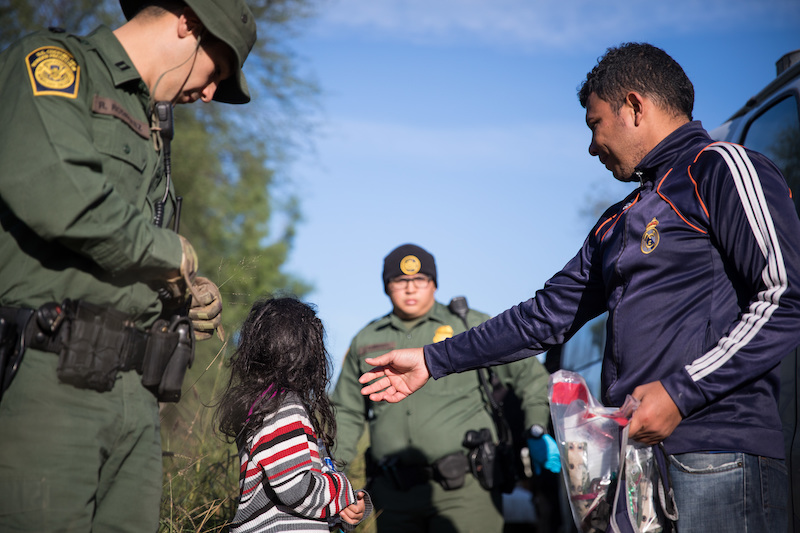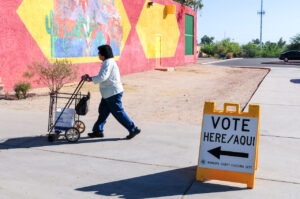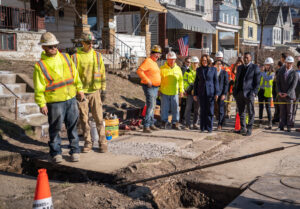(United States) — The Central American refugee crisis of unaccompanied children is still with us. This year, an estimated 80,000 people from Central America, mostly children and families, are expected to apply for asylum in the U.S., a 658% increase since 2011. In spite of massive repatriations and an aggressive media campaign to discourage migration, the U.S. still faces an urgent humanitarian crisis.
The U.S. should work in collaboration with its allies in the region to provide temporary hosting to Central American migrants. Through shared responsibility we can address this humanitarian crisis effectively.
RELATED ARTICLE
We should expand the number of countries willing to accept eligible families to be hosted temporarily. Costa Rica already hosts up to 200 eligible people for periods of six months – and more countries should follow its shining example. In addition, we can extend the current security screening program supervised by the Department of Homeland Security (DHS) in Honduras, Guatemala and El Salvador.
Some possible partners to host eligible families include Canada, Mexico, Argentina, Brazil, Chile and Uruguay. They should accept up to 3,000 refugees each. The U.S. can encourage them through leading by example, expanding its Central American minors program up to 9,000. Security screening should be performed by the U.S. Department of Homeland Security in partner countries in collaboration with the U.N. Refugee Agency (UNHCR).
This proposal is clearly beneficial both to the region and to the United States. This temporary hosting program provides time for migrants to pass a security screening process outside their homelands in a safe location, and deters them from a risky journey to the U.S. border. For the United States, it reduces expenses in repatriations, and enhances shared responsibility.
Second, the program will reduce backlogs and costs associated with long detentions of refugee applicants. This proposal expands the capacity of Homeland Security to address the large number of people who may have legitimate refugee claims, by having more security screening units outside the U.S. and more staff from UNHCR.
Third, security screening becomes a more effective process because it has access to more and better information, as well as resources and technical support from UNHCR and other countries in the region for its implementation.
Building a border will not stop refugee applicants from Central American countries
The debate during the campaign fueled arguments of whether to welcome migrants fleeing violence or to build a wall to keep them out. Some will see the temporary hosting program as an invitation for Central Americans to seek asylum. But let’s be clear here: We already have repatriated thousands of people and, in joint collaboration with Mexico, we have increased control of the border between Mexico and Guatemala.
Building a wall will not stop migrants to take a risky journey to the U.S border. Collaborating with our allies in the region in a screening security program brings better, more creative and more effective use of our resources to address a humanitarian crisis.
Some will see temporary hosting of refugee applicants in the region as failing to provide a permanent solution. True, but we should not let a desire for the perfect get in the way of what’s possible. This temporary hosting proposal offers the most efficient and practical way to address an ongoing humanitarian emergency. We should embrace it, even as we look to longer-term solutions.
We can do more to address the Central American refugee crisis. With shared responsibility, the United States and its allies in the region can provide temporary hosting to Central American migrants to address this urgent humanitarian need. A future of hope and integration for our region demands collaboration and a humanitarian perspective.
A future of hope for our societies in the Americas demands shared responsibility. Let us not forget that together we are more effective, and together we are stronger.
© 2016 – 2023, Sharon M. Alvarez Huitron. All rights reserved.





